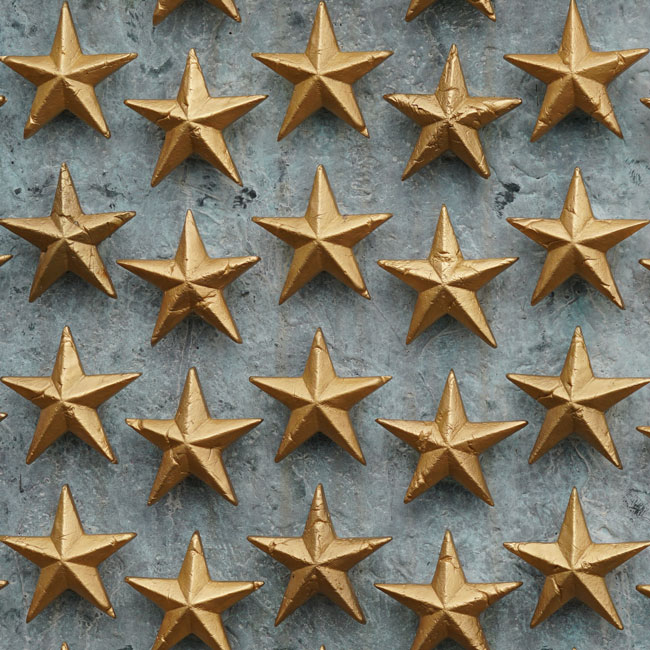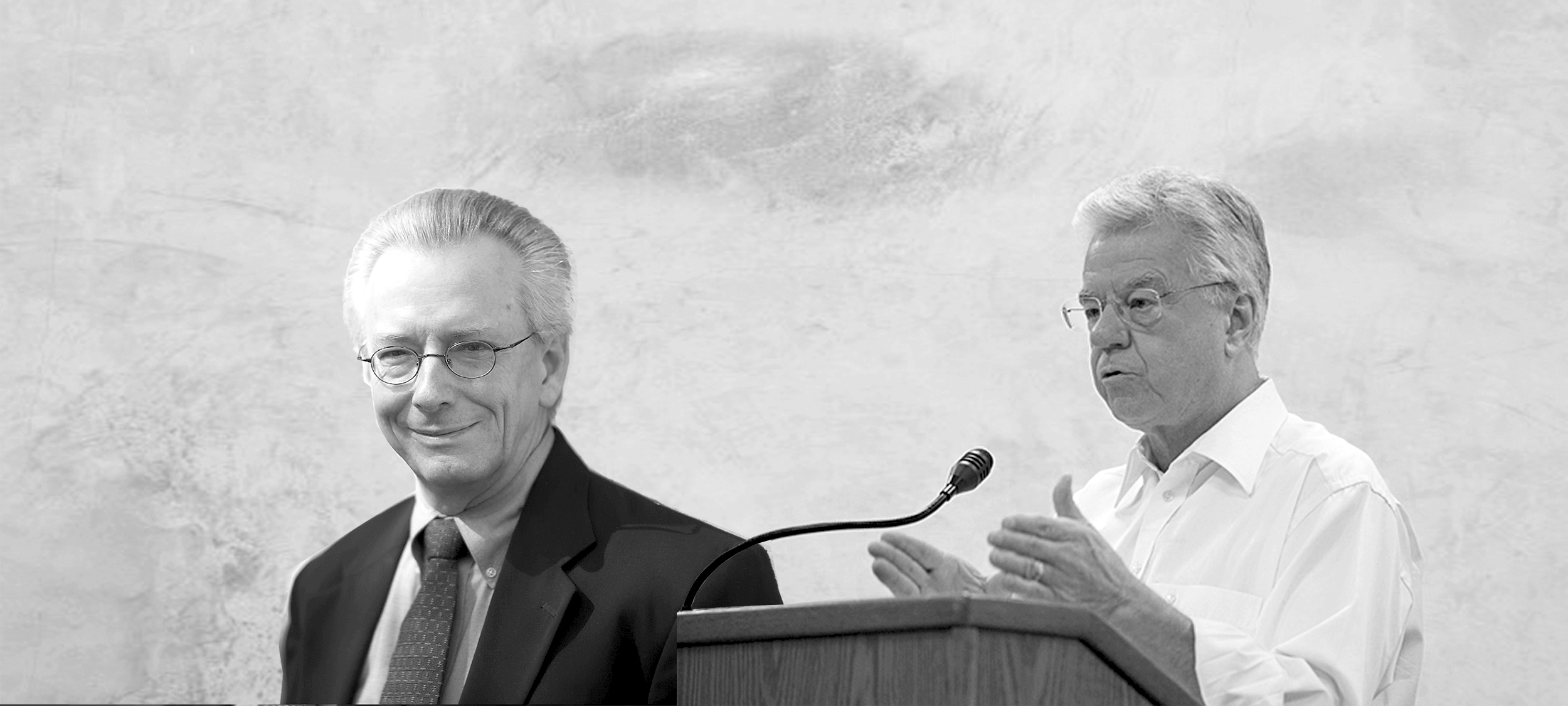
There is something very revealing about #ToiletPaperGate
Opinion + AnalysisHealth + WellbeingRelationships
BY Matthew Beard The Ethics Centre 13 MAR 2020
In the sixteenth century, a cool thing to do if you were a political philosopher was to contrast human beings in society, with human beings as they would be if there were no society.
This thought experiment, performed by Thomas Hobbes in Leviathan, paints a pretty bleak picture of humanity. Hobbes described his picture of the “state of nature” – a world without society as:
“A time of war, where every man is enemy to every man… there is no place for industry… no knowledge of the face of the earth; no account of time; no arts; no letters; no society; and which is worst of all, continual fear, and danger of violent death; and the life of man, solitary, poor, nasty, brutish, and short.”
This bleak picture of humanity – a time where people would clash and war over their own interests, with no hope for co-operation or camaraderie – is precisely why Hobbes thought we needed the state.
Nobody wants to live in the state of nature; it sucks. Instead, we all hand over a portion of our power to the state, who then create a world where everyone can get by and, ideally, flourish.
And, as a bonus, with a state to run the show, we can start to think about things like justice, ethics and morality. In the state of nature, Hobbes surmised these wouldn’t exist. He writes:
“The notions of right and wrong, justice and injustice have there no place. Where there is no common power, there is no law, where no law, no injustice. Force, and fraud, are in war the cardinal virtues.”
I can’t help but think of Hobbes at the moment, as I wander through supermarkets empty of supplies. I imagine the swollen pantries, garages and bathrooms across Australia, stockpiled in preparation for a pandemic that threatens us all. Individuals are scrambling for resources, squirrelling away supplies and taking care of their own interests first. It sounds a lot like we’ve reverted back to our nasty, brutish nature.
That probably wouldn’t surprise Hobbes. His state of nature isn’t meant to describe an actual period in human development; it’s a philosophical ghost story. It’s not a story about who we are, but who we might be if there were no law, order or state to restrain us.
Despite this, we should reflect on how, irrespective of all the social infrastructure Australia seems to offer, we’ve seen self-interest dominate on such a grand scale. The panic buying, hoarding, racism and at times scapegoating responses all demand interrogation.
How can this happen? How, in a time when we do have notions of right and wrong, justice and injustice, can parents – OK, this parent – be scrambling around supermarkets looking for children’s pain medication for his teething daughter to no avail? How can wipes and nappies be in such short supply? When Hobbes envisioned the ‘war of all against all’, he didn’t envision the goal to be a clean bum in a time of crisis – yet here we are.
Three Australian women fight over toilet paper. pic.twitter.com/EAhErm4QaD
— DailyMirror (@Dailymirror_SL) March 8, 2020
We can perhaps find an answer, and some guidance, in the work of fellow social contract philosopher Jean Jacques Rousseau. Rousseau thought Hobbes hadn’t gotten to the nub of the issue. The problem with the state of nature wasn’t lawlessness. Rather, it’s the belief that people live in perpetual competition to one another. Hobbes introduces the state to stop us from killing each other as a way of getting ahead, but he leaves in place the source of the problem: the mindset that we need to “get ahead” of one another.
Instead, Rousseau spent an enormous amount of energy discussing what he called “the general will”. This was his fix to Hobbes’ problem. To stop people from acting in competition to one another his idea was simple: decisions should be made with reference to what the whole of society, willing together, would support as a good idea. This way, nobody would be permitted to take more common resources than they needed, or was deemed fair under the circumstance. This way, no individual could have undue influence over society.
Imagine that. Imagine what happens if people rock up at the supermarket and think: what does everyone need right now? Imagine a mindset, a society and a marketplace where mutual obligation, care and concern were the primary motivators instead of self-interest. Imagine how much more – or less – toilet paper you’d have now. Imagine how much more sleep I’d have if my daughters teething pain could be medicated.
Unfortunately – and tellingly for us today – Rousseau told us that many societies would be unable to develop a sense of the general will if individuals lacked the virtue to set aside their personal self-interest.
However, I think Rousseau is being unfair here. Virtues aren’t practiced in a vacuum, they’re enabled or disabled by the context and the environment. And our society allows an enormous space where people are permitted – and encouraged – to pursue their own self-interest without regard for others. The market.
The influence of the market on, and at times over, the state is conspicuous in trying to understand why our shelves are so bare. When we act in the market, we act as consumers. And as consumers, there is only one rule: consume. If that everyone else misses out, so be it. Like Hobbes’s state of nature, the laws of consumption have no sense of right or wrong, justice or injustice.
Ethically, what’s required of us is to step into an environment of consumption without becoming consumers. Instead it requires us to maintain ourselves as citizens, who have concern for those around us and are eager to act in the shared interest and common good of all.
In part, it’s on us as individuals, not to leave our humanity and morality at the door of the supermarket. But it’s also on the market to more clearly align itself to the general will. Corrections that prevent overbuying toilet paper are an obvious step in that direction, but it’s akin to howling at the moon. The panic will shift to another product, and soon we’ll be playing whack-a-mole with a panicked consumer population who see their own security and comfort in competition with that of other people.
At times when we’re threatened and feel unsafe, our instinct is to batten down the hatches. However, that’s a game that guarantees there will be winners and losers. If we can find a way to see beyond ourselves, to pass a roll of paper under the stall to a neighbour, we might just find a way to get through this together.
You can contact The Ethics Centre about any of the issues discussed in this article. We offer free counselling for individuals via Ethi-call; professional fee-for-service consulting, leadership and development services; and as a non-profit charity we rely heavily on donations to continue our work, which can be made via our website. Thank you.
Ethics in your inbox.
Get the latest inspiration, intelligence, events & more.
By signing up you agree to our privacy policy
You might be interested in…
Opinion + Analysis
Relationships
5 stars: The age of surveillance and scrutiny
Big thinker
Health + Wellbeing, Politics + Human Rights
Big Thinkers: Thomas Beauchamp & James Childress
Opinion + Analysis
Relationships, Society + Culture
The self and the other: Squid Game’s ultimate choice
Opinion + Analysis
Health + Wellbeing, Society + Culture




